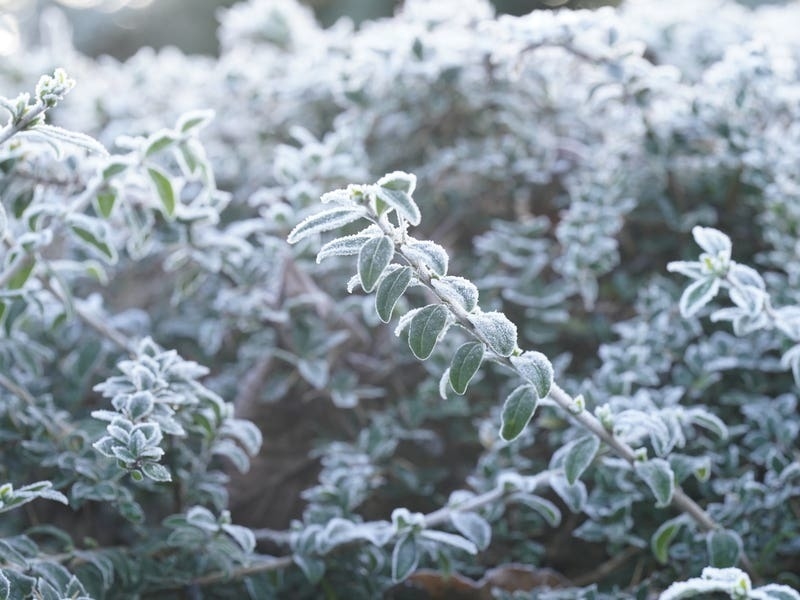Instead of injecting pesticide into the nest to destroy the colony, as is the usual practice, Nick Alderson and a colleague from Pestokill Environmental Ltd, working in the bucket of a hoist 70 feet above the rear of Handois Reservoir, carefully placed a bag over the nest. This contained the hornets while they sawed through the branch it was attached to and brought it to the ground.
It was placed in a dustbin and taken away by beekeeper Bob Hogge. It was the 22nd nest found since April. The hornets were due to be killed by gassing and early next week scientists from Exeter University, working with ecologists from the Environment Department and beekeepers, will dissect the nest in an attempt to understand the invasive insects’ breeding cycle.
‘The number of nests is not surprising and we have got to understand that now they have arrived in Jersey, Asian hornets are here to stay,’ Mr Hogge said.
‘The more we learn about them then the quicker we can get to grips with the vital part of finding their nests and trying to control the population.’
Beekeepers from Jersey and the UK, and British-government funded invasive species experts were at sites around the Island yesterday as searches were under way to confirm reports of at least another 13 nests, including two in Rozel Valley, where hornets were attacking a beekeeper’s hives.
JEP nature correspondent Bob Tompkins was heading the search in Rozel, assisted by beekeepers from Devon and the National Bee Unit, who are in the Island to help the local search teams, who are being overwhelmed by the population explosion. They also want to learn how to track hornets to their nests, as new technology developed at Exeter University with UK government funding is being tested in the Island this month.
‘We have been working at both ends of the valley and there is hornet activity all around us,’ Mr Tompkins said. ‘We have gone to all the houses and asked the owners if we can put up hornet traps and they have all agreed.
‘When we are done here we hope to join our west search team, who are looking for nests in St Brelade’s Bay, where there have been reports of flying hornets, so we need to try to trap them and track them back to the nest.’
Asian hornets prey on honey bees and other pollinators and each one can kill 50 of the insects in a single day. A nest can house up to 5,000 hornets and 200 queens which at this time of the year are preparing to breed and form new colonies next year.
One of the nests was located in Rozel Harbour later in the day, bringing this year’s total finds to 23.
Sightings of Asian hornets, ideally with a photograph, should be emailed to environment@gov.je or by calling 441600.






